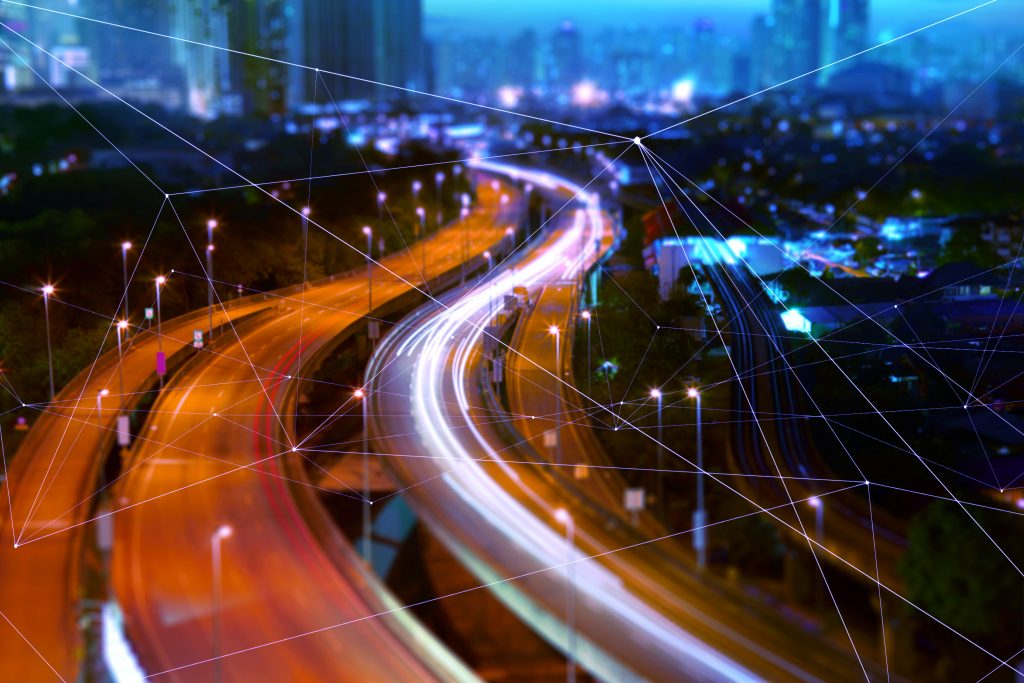Transition to Zero Pollution: Imperial’s initiative to achieve a sustainable zero pollution future
By Dr Alex Berry, Transition to Zero Pollution Initiative Manager
With the Transition to Zero Pollution initiative, our vision is to realise a sustainable zero pollution future. We want to go beyond thinking about zero carbon and consider pollution in all its forms.
The scale of the challenge is massive. Pollution caused by people can be found almost everywhere we look. Toxic metals from human activity have been detected in the Himalayan peaks and plastic fibres found deep in the Pacific Ocean. Air pollution is a major health hazard for urban and rural communities and CO2 levels are rising above the levels needed to meet the Paris targets of limiting global warming to 1.5°C.
Addressing these challenges will require radical shifts in consumption, technologies, and business models, underpinned by innovative policies and governance structures. Scientists, engineers, clinicians, and economists will need to work together to create new technologies and policies that address not just a single source of pollution but the entire system and life cycle. We want to instil a holistic, zero pollution mind-set among our researchers and inspire current and future students.
Considering the big picture through a systems approach will help us to avoid some of the unintended consequences that tackling pollution sources in isolation has caused in the past. For example, at the start of this century, governments incentivised the diesel vehicle market to reward their lower carbon dioxide emissions but this led to degraded air quality in cities through increased nitrogen dioxide pollution. The ban on new petrol, diesel, and hybrid cars from 2035 will help to mitigate this. However, whilst the switch to electric vehicles will lower exhaust emissions, there are still issues of pollution from tyres and brakes and the social and environmental issues caused by mining for critical materials needed in current batteries. We need to consider not just the whole lifecycle of the batteries and cars but the wider transport system and whether the current model of private vehicle ownership necessarily works for the future.

Taking a holistic view can also help us understand co-benefits of solutions. For example switching to active travel like walking and cycling reduces vehicle pollution but also has positive impacts on human health, something that is particularly important in the current Covid-19 pandemic.
Researchers at Imperial are already tackling pollution in many different forms. From reducing plastic pollution to eliminating greenhouse gas emissions and improving air quality, from understanding human behaviour to sustainable business, and systems thinking, there is a wealth of research happening across College. We’ll be using this blog to share posts from our students and staff on how their research will help realise a zero pollution future so keep an eye out for our next posts.
You can also read more about the thinking behind Transition to Zero Pollution in our long read on Imperial Stories and see some of our research highlights on the Transition to Zero Pollution website.